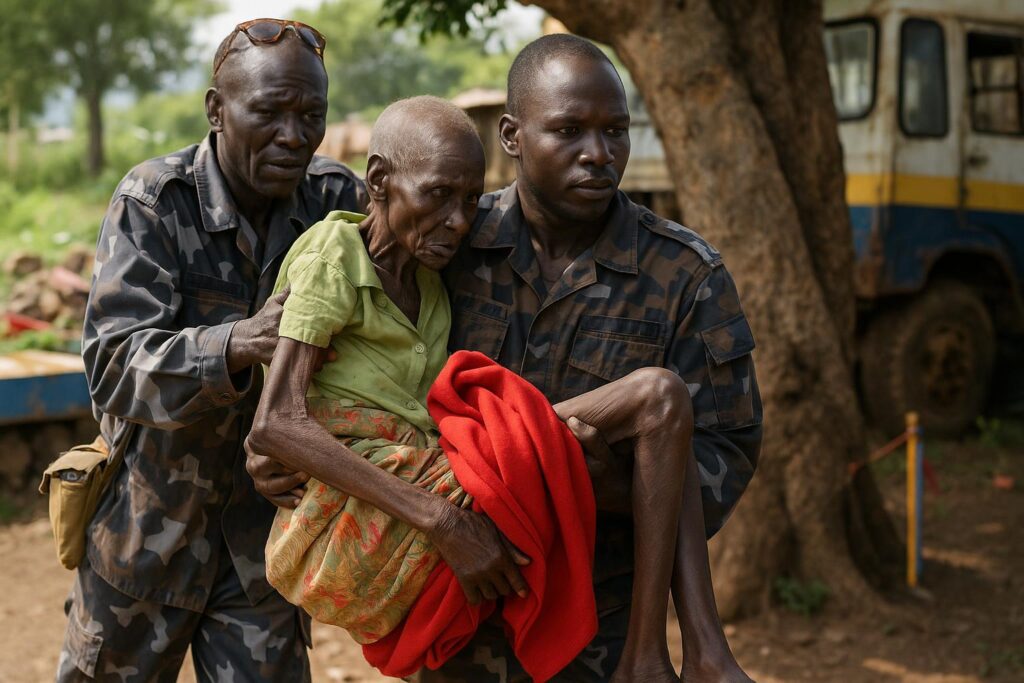Shifting Battle Lines in Central Equatoria
Joint operations by NAS and SPLA-IO against SSPDF this month signal a rare convergence of battlefield interests. Field commanders in Central Equatoria report improved coordination, a contrast to previous years of mistrust. Analysts in Juba consider the move a potential turning point.
Citizens Longing for Cohesion
From displaced camps in Wau to tea stalls in Nimule, civilians voice the same plea: unite. Student activist Mary Ayor states, “Fragmentation keeps war alive.” Observers note that, while social media amplifies rival rhetoric, grassroots fatigue with conflict could pressure leaders toward compromise.
Military Synergy and Political Momentum
Security specialists suggest that a shared command structure would cut logistical costs and enhance battlefield intelligence. Colonel Peter Gatwech, formerly of SPLA-IO, argues that combined units could “shape negotiations from a position of strength,” forcing Juba to revisit stalled clauses of the 2018 peace deal.
Yet political momentum depends on resolving leadership questions. Diplomatic sources claim back-channel talks in Nairobi are exploring a rotational chair of any unified front, easing fears of dominance by a single faction.
External Pressures and Moral Imperatives
Regional actors, including Uganda and Sudan, have historically backed different sides, complicating unity efforts. However, dwindling oil revenues and humanitarian fatigue may reduce external incentives for fragmentation. Bishop Eduardo Hiiboro urges commanders to heed “the moral weight of nearly ten million exhausted souls.”
Pathways to Elections and Reform
Legal experts emphasise that any military victory must translate into credible institutions. Draft charters circulating among opposition lawyers promise transitional courts, constitutional review, and nationwide polls within twenty-four months of regime change.
Sceptics warn that past coalitions fractured after triumph. Political scientist Dr. Rosalind Mutua advises embedding power-sharing safeguards early, noting that “victory is easier than consensus.” Still, the present window of vulnerability for the incumbent offers the opposition its best opportunity yet.


